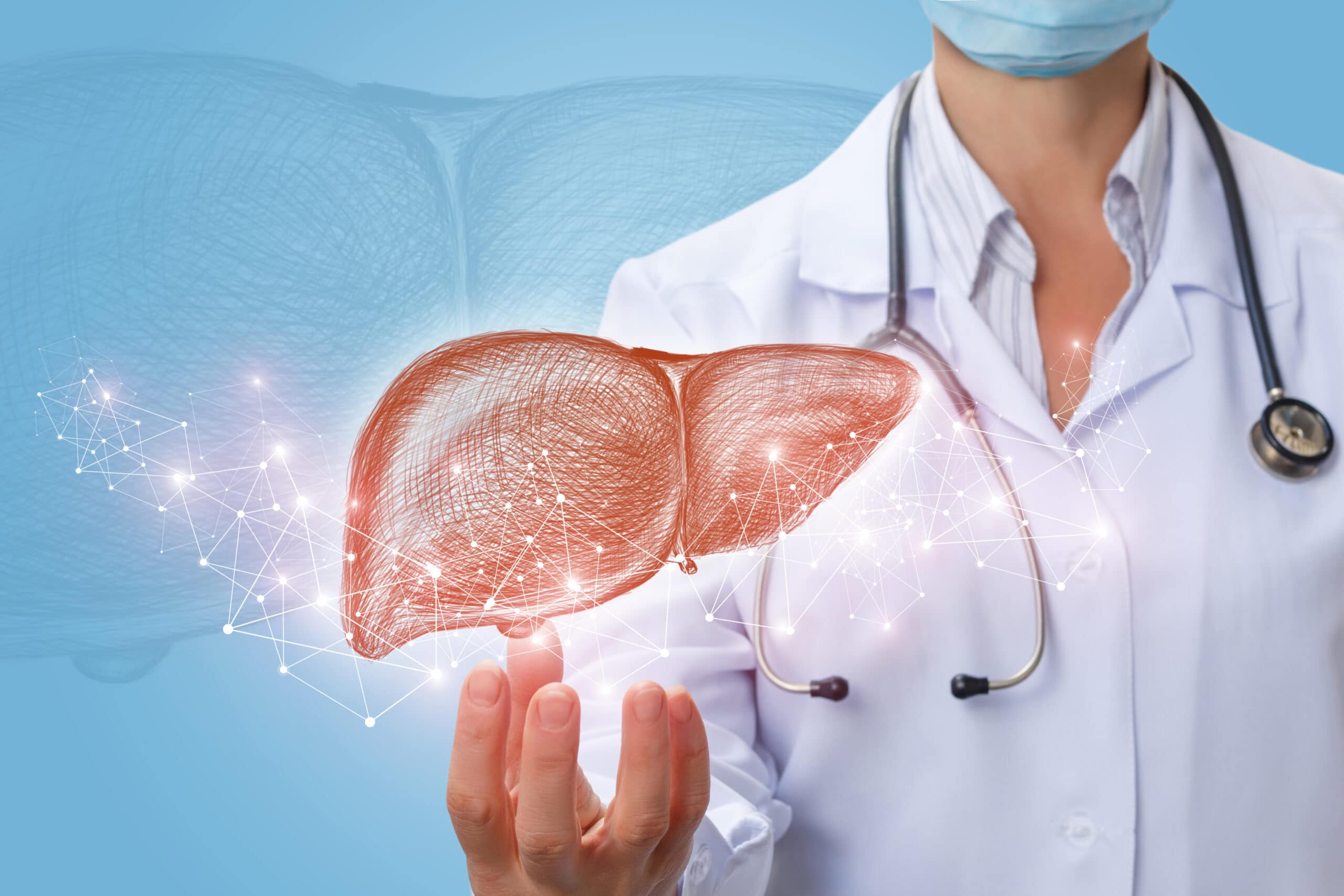Liver cirrhosis is a progressive disease characterized by the irreversible scarring of liver tissue, which can lead to significant complications if not managed properly. This condition can stem from various causes, including chronic alcohol abuse, viral hepatitis, non-alcoholic fatty liver disease, and autoimmune disorders. Patients diagnosed with liver cirrhosis often find themselves navigating a complex treatment landscape. To optimize your liver cirrhosis treatment journey, it is essential to understand the disease, its management options, and the lifestyle changes that can contribute to better health outcomes. Let’s explore Liver Cirrhosis Treatment in Dubai.
Understanding Liver Cirrhosis
Cirrhosis occurs when healthy liver tissue is replaced by scar tissue, impairing the organ’s ability to function effectively. The severity of cirrhosis is typically classified into stages, ranging from compensated cirrhosis, where the liver still performs most of its functions, to decompensated cirrhosis, where significant liver failure occurs, resulting in severe complications such as jaundice, ascites, and hepatic encephalopathy. Understanding the stage of your liver disease is crucial in guiding treatment decisions and monitoring the progression of the condition.
Treatment Options
The treatment for liver cirrhosis is multifaceted and largely depends on the underlying cause of the disease. For those with alcoholic liver disease, complete abstinence from alcohol is vital. Patients with viral hepatitis may benefit from antiviral medications that can help control the virus and reduce liver inflammation. Non-alcoholic fatty liver disease (NAFLD) treatment typically focuses on lifestyle changes, including weight loss and management of associated conditions like diabetes and hyperlipidemia.
In cases where cirrhosis has led to complications, treatments may involve managing symptoms and preventing further liver damage. For example, diuretics may be prescribed to help reduce fluid accumulation in the abdomen, while lactulose can assist in managing hepatic encephalopathy by reducing ammonia levels in the blood. In more advanced cases, liver transplantation may be considered as a life-saving option.
Regular Monitoring and Follow-Up Care
Regular monitoring is crucial for individuals with liver cirrhosis. Patients should have routine appointments with their healthcare provider to evaluate liver function through blood tests and imaging studies. These evaluations can help detect complications early and allow for timely interventions. Patients should also be vigilant about reporting any new symptoms or changes in their health status to their healthcare team, as this can significantly impact the management of their condition.
Lifestyle Modifications
Lifestyle changes can play a pivotal role in optimizing treatment outcomes for liver cirrhosis. Adopting a healthy diet that is low in salt, sugar, and saturated fats can help reduce the burden on the liver and improve overall health. A balanced diet rich in fruits, vegetables, lean proteins, and whole grains supports liver function and helps in maintaining a healthy weight.
Regular physical activity is another essential component of managing liver cirrhosis. Exercise can improve overall health, boost energy levels, and enhance the body’s ability to process nutrients. Engaging in moderate exercise for at least 150 minutes per week, as recommended by health guidelines, can help patients manage their weight and reduce the risk of complications.
Hydration is also important. Patients should aim to drink plenty of water to stay hydrated, particularly if they experience fluid retention or are on diuretics. However, those with ascites should consult their healthcare provider regarding fluid intake, as restrictions may be necessary.
Education and Support
Education about liver cirrhosis and its management can empower patients to take an active role in their treatment journey. Understanding the disease, its progression, and the importance of adhering to prescribed treatments can foster a sense of control and encourage positive health behaviors. Patients should feel encouraged to ask questions during medical appointments, seek clarity on treatment plans, and express any concerns they may have.
Support from family, friends, and support groups can also be invaluable. Connecting with others who are facing similar challenges can provide emotional support, practical advice, and a sense of community. Online resources, support groups, and educational programs can further enhance understanding and coping strategies for those living with liver cirrhosis.
Psychological Well-being
The emotional and psychological impact of living with liver cirrhosis should not be overlooked. The diagnosis can lead to feelings of anxiety, depression, and isolation. Seeking mental health support through counseling or therapy can help patients manage these feelings and improve their overall quality of life. Additionally, mindfulness practices such as meditation and yoga may contribute to emotional resilience.
Conclusion
Optimizing your liver cirrhosis treatment journey involves a comprehensive approach that includes understanding the disease, adhering to treatment plans, making necessary lifestyle changes, and seeking support. By actively participating in your healthcare, monitoring your condition, and fostering a supportive network, you can navigate the complexities of liver cirrhosis more effectively. Remember, the journey may be challenging, but with the right resources and determination, it is possible to manage this condition and maintain a fulfilling life.




